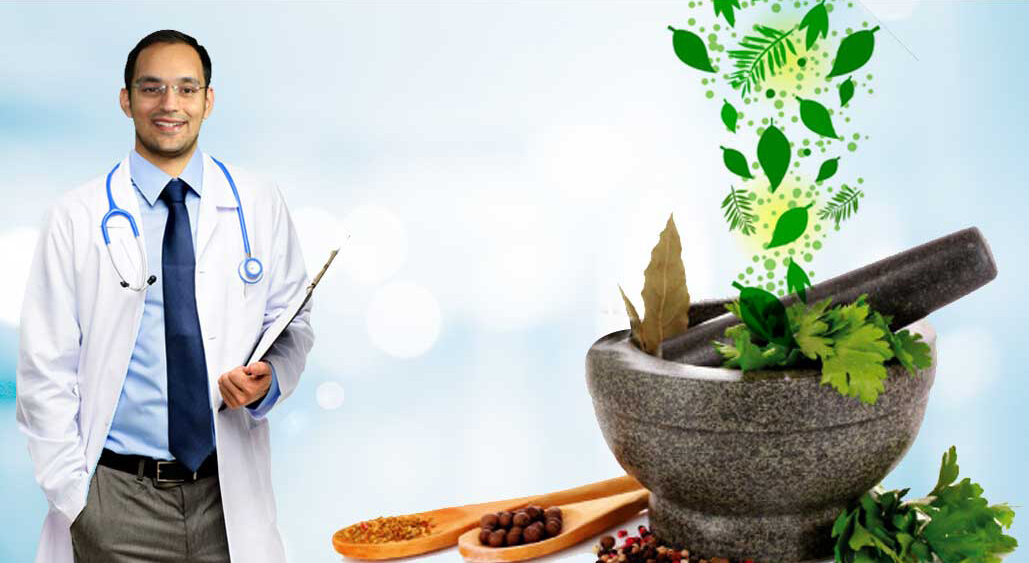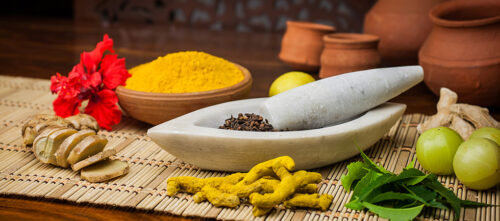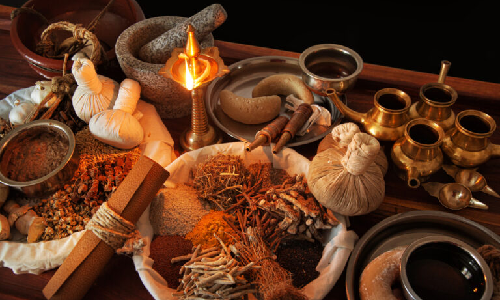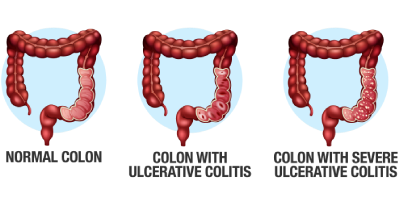After earning my Bachelor of Ayurvedic Medicine and Surgery (BAMS) degree, I believed my dynamic nature wasn’t suited for patient consultations. This led me to interview for a position at an insurance company in Dubai. In Dubai, without a medical license, options are limited to roles in insurance companies or similar fields. A Change in Perspective During the interview, I was asked why I wasn’t pursuing a career in consultations. I explained that I thought my dynamic nature wouldn’t fit into the structured world of patient care. This belief persisted until I started practicing Ayurveda. My first few patient interactions were eye-opening. Seeing patients recover and their satisfaction made me realize my true potential. I found that my dynamic nature allowed me to connect with patients on a deeper level. Consulting in Ayurveda became incredibly rewarding. The joy of seeing patients recover and the satisfaction of making a real difference in their lives was beyond any material gains. I realized that being an Ayurvedic doctor was about transforming lives and bringing happiness to others. Today, I lead a team of eight Ayurvedic doctors and twenty-four nutritionists trained in Ayurveda. Together, we have helped over 20,000 people from 61 countries heal through Ayurveda. This journey from a single practitioner to leading a diverse team has been immensely rewarding. It stands as a testament to the potential of Ayurveda and the impact it can have on people’s lives. Advice for Aspiring Ayurvedic Practitioners For those considering a career in Ayurveda, I have some advice based on my experiences: Embrace Consultations: Don’t shy away from patient consultations. The joy and fulfillment of treating someone are unmatched. Believe in Yourself: Confidence in your abilities is crucial. If I can achieve this, so can you. All you need is self-belief and hard work. Work Hard: There is no substitute for hard work. Unlike a 9 to 5 job, being an Ayurvedic doctor might require you to work round the clock. Your dedication will determine your success. The Reality of Ayurvedic Practice Practising Ayurveda is not just about the time spent with patients. It involves keeping detailed records of case studies, learning from each patient, revisiting textbooks, engaging with peers, and continuously striving to improve. Each patient encounter is a learning opportunity. Every patient presents a unique case, and each encounter teaches you something new. As the saying goes, “Practice makes perfect.” Each patient you treat will add to your experience, and by the time you’ve treated hundreds or thousands of patients, you’ll have a vast repository of knowledge to draw from. This continuous learning and improvement are what make Ayurveda a rewarding career. The challenges and Rewards One challenge of being an Ayurvedic doctor is maintaining a work-life balance. Unlike a typical 9 to 5 job, your work hours can be unpredictable. Patients may need your attention at any time. This can be demanding, but the rewards of helping people heal make it worthwhile. A quote I read encapsulates this well: “If you want to buy something without looking at the price tag, you have to work without looking at the clock.” Success in Ayurveda depends on the hours you put into your practice. One of the most fulfilling aspects of being an Ayurvedic doctor is the ability to transform lives. Over the years, I’ve seen countless patients recover from chronic illnesses and improve their quality of life. The gratitude and joy in their eyes are the greatest rewards. Knowing that I’ve made a positive impact on someone’s life is deeply fulfilling. Also read: How I changed from ‘Shy’ to ‘Outspoken’ The Role of an Ayurvedic Doctor As an Ayurvedic doctor, your role goes beyond diagnosing and treating illnesses. You become a guide and mentor to your patients, helping them navigate their health journey. This involves educating them about Ayurveda, guiding them on lifestyle changes, and supporting them through their healing process. Building a strong relationship with your patients is crucial. Listening to their concerns, understanding their needs, and providing personalized care creates a trusting and supportive environment that promotes healing. Establishing a career in Ayurveda has been a rewarding journey. From initially doubting my fit in consultations to leading a successful team of practitioners, I’ve learned the true potential of Ayurveda and the impact it can have on people’s lives. So, to every beginniers who are looking forward to start a career in Ayurveda, be ready to work hard, and success will follow! If you are struggling with any health issues, you can either book a consultation with us or send us a message via WhatsApp to +91 79074 89839. We have the best Ayurvedic doctors in Trivandrum who are always glad to help you. If you have any queries, contact us. You can also visit us at our hospital.
Career in Ayurveda: My Journey and Insights






